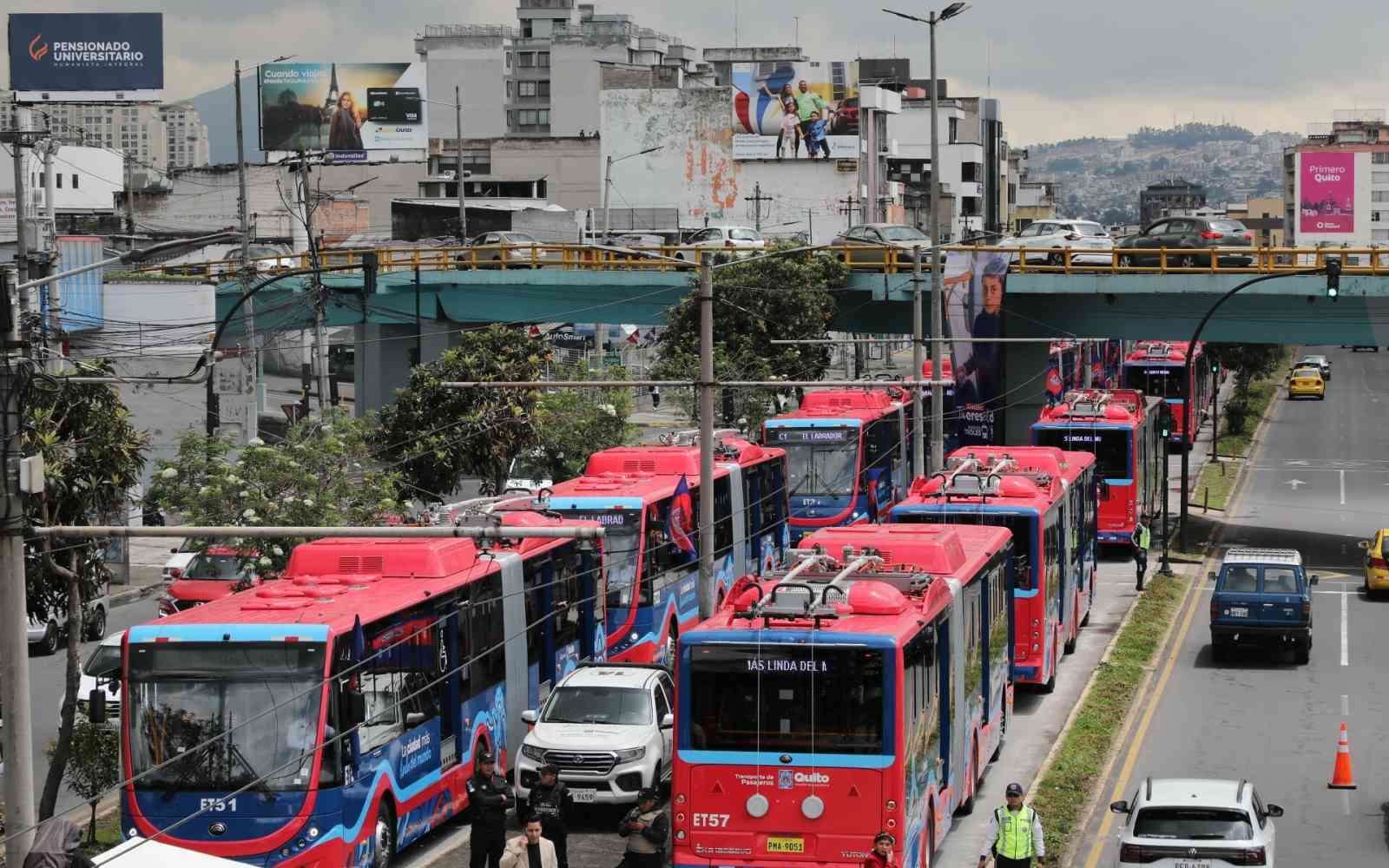The United Nations Office for Project Services (UNOPS)
Statement on World Environment Day
Statement from UN Under-Secretary-General and UNOPS Executive Director Jorge Moreira da Silva on World Environment Day
On this World Environment Day, UNOPS reiterates our commitment and the need for accelerated action to fight the climate emergency. This is the defining issue of our time. It will determine our common future.
Let us not underestimate the scale of this challenge. In the last twelve months, we have seen record levels of ocean heat, sea level rise, greenhouse gas concentrations, glacier retreat and devastating wildfires. Intense rainfall, floods and intensifying tropical cyclones have left a trail of destruction, death and huge economic losses. Our planet is at breaking point.
This World Environment Day, we are focusing on the importance of land restoration, desertification and drought resilience. Up to 40% of the planet’s land is already considered degraded. Extreme droughts have increased by 233% in the last 50 years in certain regions. In addition, 85% of people affected by droughts live in low- or middle-income countries and some 50 million people may be displaced due to desertification within the next decade, increasing the possibilities of tensions, crises and conflicts arising from the effects of climate change.
Quite simply, our lives - and those of future generations - depend on land. It underlines our ecosystems, our economies, and our public health. It underlines sustainable development.
The triple planetary crisis of climate change, biodiversity loss and pollution are degrading healthy lands and freshwater ecosystems. They are endangering lives and livelihoods, and hitting the most vulnerable hardest.
Yet let us not view our climate as beyond hope. With concerted, rapid and comprehensive action we can still avert the most devastating consequences of extreme temperature rises.
UNOPS is determined to work alongside governments, partners and communities around the world to offer practical solutions to build resilience, restore land and combat desertification.
Infrastructure - a key strand of our work -plays a key role in promoting sustainable land and forest management practices. From flood risk protection, to sustainable transport infrastructure. From waste and wastewater management, to access to clean energy, and the use of digital technology, infrastructure is central to efforts to combat desertification, soil degradation, and biodiversity loss. Nature-based infrastructure, in particular, plays a key role in advancing climate action, enhancing biodiversity and mitigating the impacts of climate change.
Similarly, sustainable procurement has the potential to protect natural resources, drive the shift to low-carbon solutions,and improve socio-economic resilience to climate change by boosting local economies.
Around the world, UNOPS is committed to supporting mitigation and adaptation efforts, while helping countries to protect nature and build resilience.
As efforts continue to scale up development and climate finance, we are committed to supporting countries to implement the Sustainable Development Goals, the Paris Agreement and the Kunming-Montreal Global Biodiversity Framework.
On this important day, let us focus on a more sustainable future for people and the planet.
As our UN Secretary-General has said, there’s still time to throw out a lifeline to people and the planet, but leaders must step up and act now.












